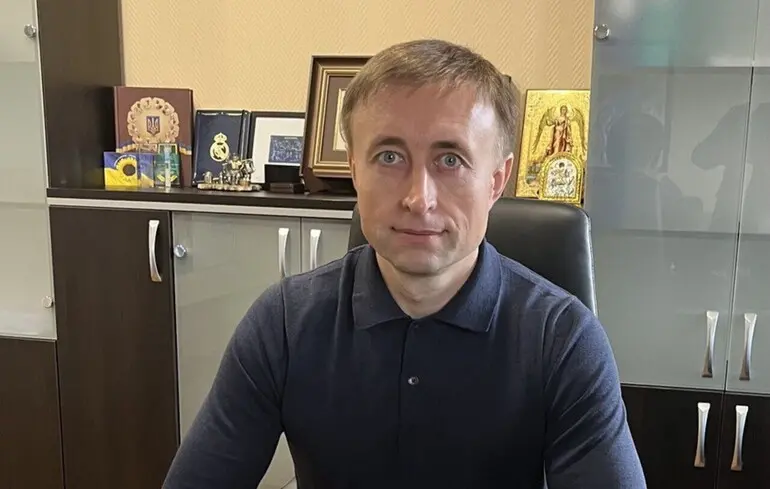In-Depth Examination of the Energy Customs Chief Scandal: Hidden Facts, Political Games, and Overlooked Details

The news that Anatoliy Komar, head of the Energy Customs, became the focus of public attention following journalistic investigations sparked a wave of reactions across political and civil circles.
Public revelations about his wealth—cars, estates, and his children’s education—raised numerous questions and caused significant resonance.
The Prime Minister and the Finance Minister promptly responded to the so-called “Schemes” program but their actions were mostly formal statements, while the real issues remain unchecked: widespread corruption and the shadowy fuel smuggling operations undermining Ukraine’s economy and reducing state revenue.Journalist and analyst Yevhen Plinsky highlighted that the stories about luxury cars, estates, and schooling serve as a classic example of well-known political-economic schemes.
Of particular concern are alleged connections with Russia, which are often mentioned in these contexts, along with political pressure.
Meanwhile, civil activists criticize the fact that large-scale smuggling and corruption schemes remain largely unaddressed, costing the state budget billions of hryvnias.”When it comes to car smuggling, unregistered exports, or fictitious trading in agriculture, these activities seem to go unnoticed by law enforcement,” says the expert.
He adds that the government’s response to Komar’s case is motivated more by political motives and the desire to renew personnel in critical sectors.
This is part of a broader struggle for control over the energy sector and importers involved in concealing or laundering illicit money.Following the investigation into Komar, he was dismissed from his post, bringing the case into the spotlight once again.
Prior to leading the Energy Customs, he worked for the Security Service (SBU), and later served as an advisor for the energy company VS Energy, owned by Russian businessmen and influential in Ukraine.
Recently, VS Energy fell under sanctions from the Rada National Security and Defense Council, with its executives leaving the business.
This case vividly illustrates how strategic sectors—energy, customs, logistics—are battlegrounds for political and business elites, with anti-corruption efforts remaining largely declarative.

